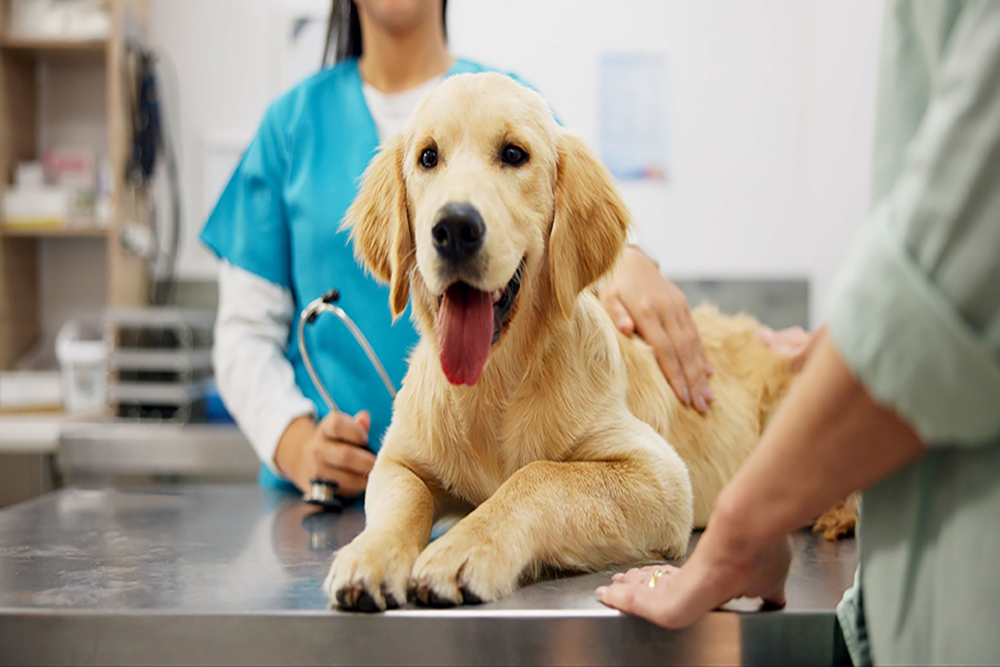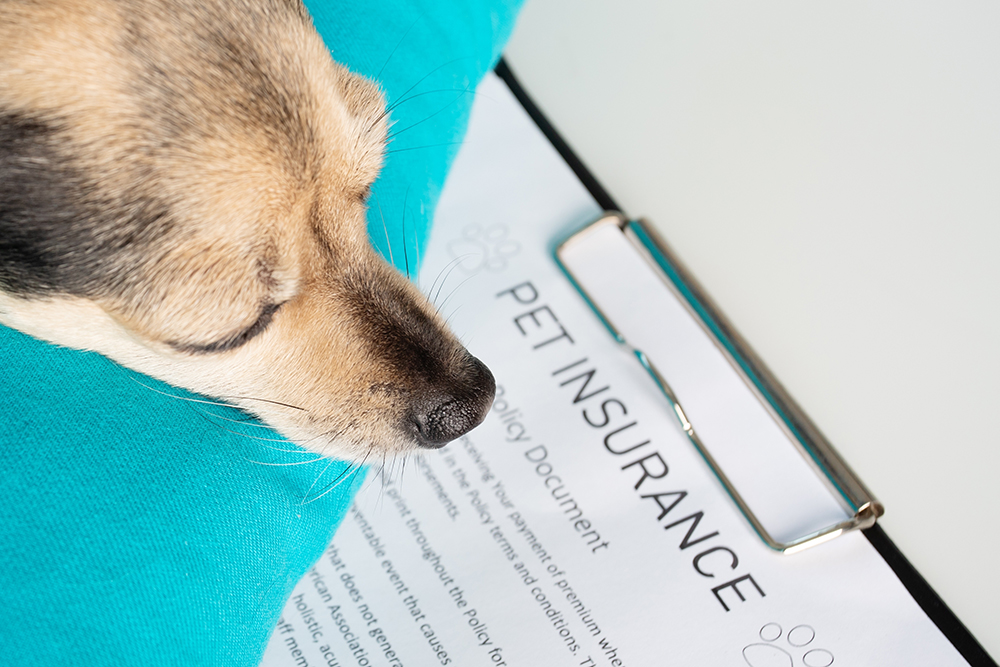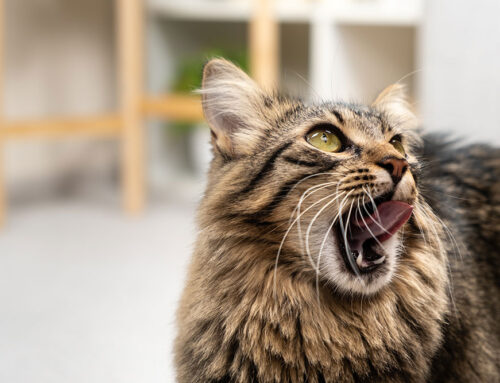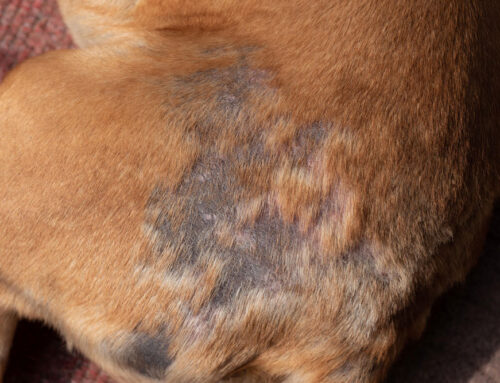Does Your Pet Need Health Insurance?
As devoted pet owners, we often go to great lengths to ensure our pets lead happy, healthy lives. But have you ever considered pet health insurance?
At Twin Maples Veterinary Hospital in Dayton, OH, we understand that your pet’s health is a top priority, but unexpected medical expenses can be a major financial burden. This article explores pet insurance, financial planning options, and strategies to ensure your pet gets the care they need—without putting unnecessary stress on your wallet.
Understanding Pet Health Insurance
Pet health insurance functions similarly to human health insurance. Policies cover a portion of medical costs in exchange for a monthly premium. Understanding the different types of plans available is crucial:
- Accident-only plans: Cover injuries and emergencies such as fractures or poisoning, providing financial support when sudden incidents occur.
- Comprehensive plans: Include illnesses, accidents, and sometimes even hereditary conditions, ensuring your pet receives care for a wide range of health issues.
- Wellness add-ons: These optional add-ons cover routine care like vaccinations, annual checkups, and preventive treatments, promoting overall wellness.
To dive deeper into what pet insurance is and how it can benefit you, visit the Pawlicy Advisor Blog.
The Cost of Veterinary Care
Veterinary care can be expensive, particularly in emergency situations or for chronic illnesses. Here are some common treatment costs in Dayton, OH area:
- Emergency surgery for accidents: $3,500 – $7,000
- Hospitalization for serious illness: $1,000 – $3,000
- Cancer treatment: $2,000 – $10,000
- Chronic disease management (diabetes, heart disease, kidney disease): $500 – $1,500 per year
Having pet health insurance can significantly reduce out-of-pocket expenses, making it easier to afford necessary treatments when your pet needs them most. For more information on pet care costs, see the Cost of Owning a Dog and the ASPCA’s guide on Cat Ownership Costs.
Pet Health Insurance vs. Alternative Payment Options
1. Pet Savings Accounts
A pet savings account is a simple way to prepare for future veterinary expenses. Set aside a fixed amount every month in an account designated for pet care. If you don’t use it, the money is still yours—unlike insurance premiums.
Pros:
- No restrictions on what the money can be used for
- No worries about exclusions for pre-existing conditions
- Can also be used for routine care or pet emergencies
Cons:
- Takes time to build up funds
- A sudden emergency may exceed what you’ve saved
2. CareCredit & ScratchPay
For those who don’t have pet insurance or savings available, CareCredit and ScratchPay are excellent options that provide flexible financing for unexpected vet bills.
CareCredit
A medical credit card that allows you to pay vet bills over time with little to no interest if paid within a promotional period.
Best for:
- Larger, unexpected expenses
- Spreading out the cost of treatment
- Immediate approval in most cases
Learn more or apply at CareCredit.
ScratchPay
A short-term loan option specifically designed for pet care expenses, offering customized payment plans.
Best for:
- Emergency veterinary visits
- Those who may not qualify for CareCredit
- Low, fixed monthly payments
Learn more or apply at ScratchPay.
When Should You Get Pet Insurance?
If you’re considering whether pet insurance is worth it, ask yourself:
- Is my pet young? Insurance is more affordable when your pet is young and healthy.
- Does my pet’s breed have genetic predispositions? Some breeds are prone to hip dysplasia, heart disease, or cancer, which may require expensive treatments.
- Could I afford a $5,000 emergency vet bill today? If not, insurance or a financial backup plan can help.
For breed-specific considerations, check out our guide on Top 5 Ways to Make Your Cat Happy and Healthy.
Preparing Your Family for Hard Conversations About Pet Care Costs
When your pet has a medical emergency, emotions run high. The last thing you want to do is make a difficult financial decision in a moment of stress.
How to Have a Financial Plan in Place
- Discuss finances with your family before an emergency happens. Determine what you are comfortable spending for treatment.
- Decide in advance how much you can afford in an emergency. Would you take out a loan, use CareCredit, or rely on savings?
- Talk about what quality of life means for your pet. If faced with expensive treatments, how will you decide what’s best?
- Research insurance options early. Waiting until your pet is sick may mean exclusions for pre-existing conditions.
By having these conversations now, you can avoid painful, last-minute decisions during a pet emergency.

FAQs About Pet Insurance & Financial Planning
What does pet insurance NOT cover?
Most policies do not cover pre-existing conditions, routine care (unless you have a wellness add-on), or cosmetic procedures.
What if my pet is already sick—can I still get insurance?
Yes, but any existing conditions won’t be covered. However, new illnesses and injuries will be.
How do I file a claim?
Most insurance providers require you to pay the vet upfront and then submit a claim for reimbursement. Some plans offer direct pay options.
How Twin Maples Veterinary Hospital Supports You
At Twin Maples Veterinary Hospital, we work with various pet insurance providers and accept CareCredit and ScratchPay to help pet owners manage costs. We encourage pet owners to:
- Ask about pet insurance during annual check-ups
- Use CareCredit or ScratchPay for unexpected emergencies
- Create a pet savings fund for out-of-pocket expenses
If you have questions about pet insurance, financing options, or planning for your pet’s future care, our team is happy to help.
Considering pet health insurance or alternative financing is an important step toward responsible pet ownership. By planning ahead, you ensure your pet receives the best medical care possible without financial stress.
To discuss the best financial plan for your pet, book an appointment with Twin Maples Veterinary Hospital today.









Leave A Comment